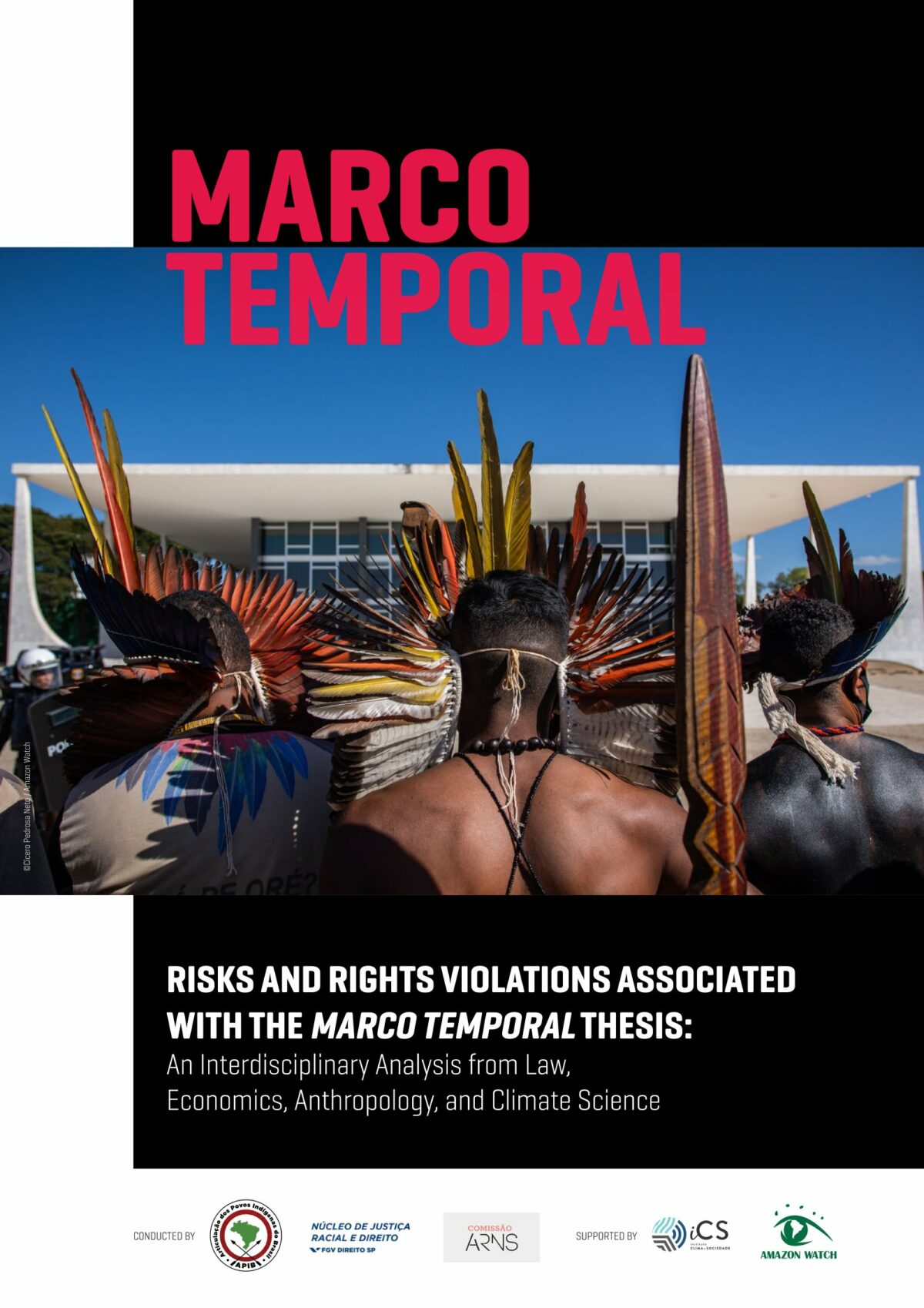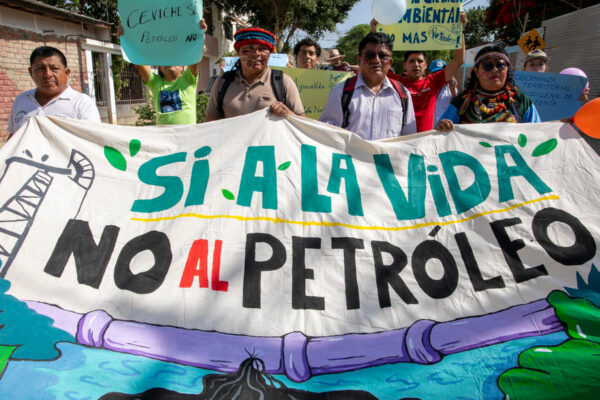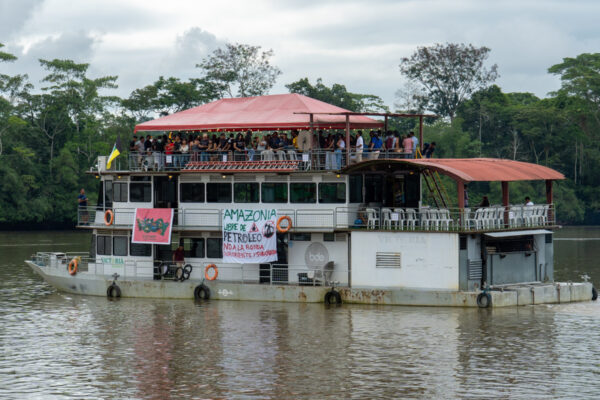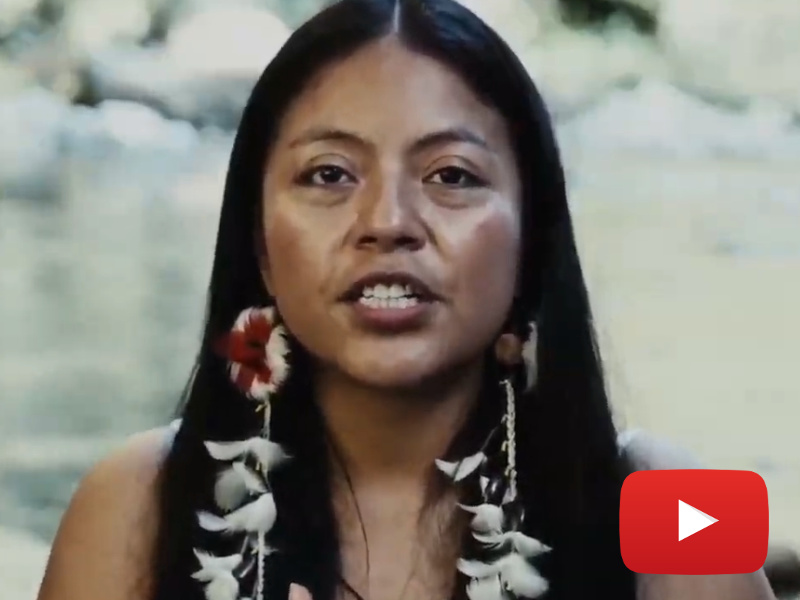Download in PDF format (2.4 MB)
On June 7, 2023, Brazil’s Supreme Court will resume the trial of Extraordinary Appeal No. 1,017,365, a trial that, by examining the constitutionality of what has become known as the Marco Temporal thesis or Time Limit Trick, will determine the future of Indigenous peoples in Brazil, of biodiversity, and of the global climate balance.
Marco Temporal is a political thesis transformed into an ad hoc constitutional interpretation mechanism that limits the rights of Indigenous peoples to their traditional lands through the application of an arbitrary, restrictive, and legally unfounded temporal cutoff. According to the thesis, the right of Indigenous peoples to their traditional lands only applies to lands they effectively occupied at the time of the promulgation of the Federal Constitution of Brazil in October 1988. In the absence of proven effective occupation, it would be necessary to demonstrate that the land was being disputed by Indigenous groups – for example, through the existence of a legal suit disputing possession – on that same date. Given that until 1988 Indigenous peoples were under a regime of tutorship which stripped away their civil and political rights and did not recognize their cultures and territories, things such as “effective occupation” or legal dispute is extremely hard to prove, if not impossible.
This interpretative thesis radically redefines the concept of original land rights enshrined in the Federal Constitution, hindering the recognition and protection of a large part of Brazil’s Indigenous lands (ILs). Article 231 of the Federal Constitution recognizes the original right of Indigenous peoples to traditionally occupied lands and defines these lands as the set of areas used by Indigenous peoples for habitation, those used for their productive activities, those essential for the preservation of environmental resources necessary for their well-being, and those necessary for their physical and cultural reproduction, according to their uses, customs, and traditions. There is no mention in the Federal Constitution or even in the constituent debates that prompted it of a certain date of possession to access an original right that should be recognized – not constituted – by the Brazilian government.
The Marco Temporal thesis is already responsible for the paralyzation and review of demarcation processes around the country, directly impacting the lives of thousands of Indigenous people who, having their fundamental right to territory violated, face a series of physical and symbolic violence.
Document compiled by Ana Carolina Alfinito (FGV Direito SP and Amazon Watch), Giovanna Valentim (DCP/USP) and Maurício Terena (Apib) drawing on the contributions of Eloy Terena (Ministry of Indigenous Peoples), Oscar Vilhena (FGV Direito SP and Arns Commission), Manuela Carneiro da Cunha (USP, University of Chicago and Arns Commission), Carlos Nobre (IEA/USP) and Rodrigo Mariano Verá Yapua (CGY), Kenarik Boujikian (TJSP and AJD), Paulo Moutinho (Ipam), Juliano Assunção (PUC-Rio), Ana Patté (Ministry of Indigenous Peoples), Déborah Duprat (IBCCRIM), and Julia Neiva (Conectas Human Rights).















